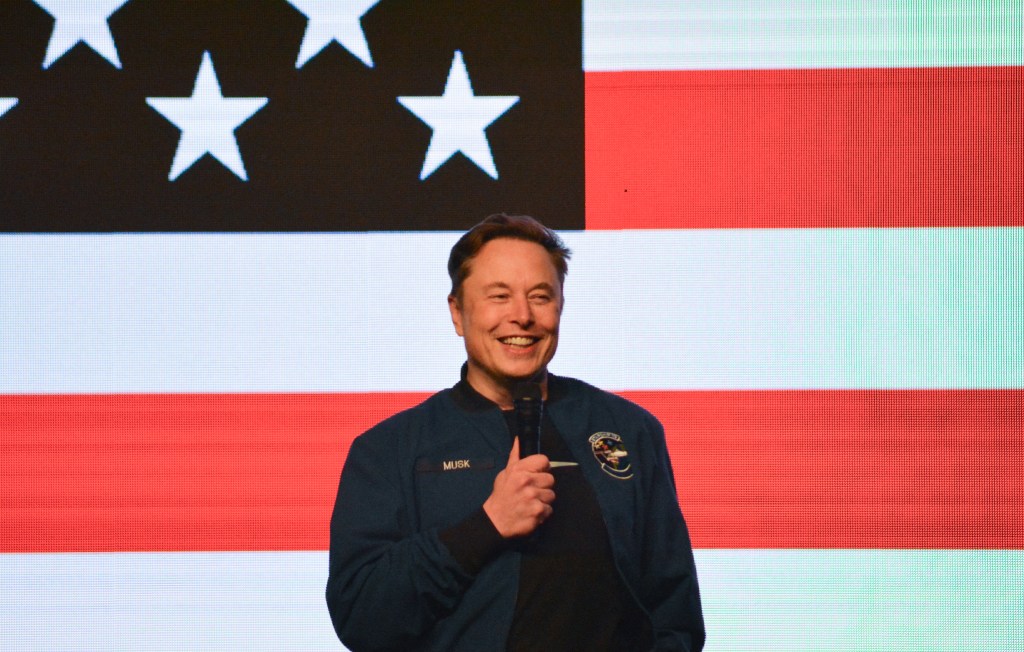Elon Musk, the renowned entrepreneur and CEO of Tesla and SpaceX, has announced his resignation from his role as a U.S. special government employee, effectively stepping down as the de facto leader of the Department of Government Efficiency (DOGE). This decision marks the conclusion of a contentious and eventful tenure that began in January 2025.
Establishment and Objectives of DOGE
The Department of Government Efficiency was established by President Donald Trump through Executive Order 14158 on January 20, 2025. The primary objective of DOGE was to modernize information technology, maximize productivity, and eliminate wasteful government spending. Musk, appointed as the head of this initiative, aimed to reduce federal expenditures by $2 trillion. However, reports indicate that the actual savings achieved were approximately $175 billion. ([en.wikipedia.org](https://en.wikipedia.org/wiki/Department_of_Government_Efficiency?utm_source=openai))
Controversial Measures and Legal Challenges
Under Musk’s leadership, DOGE implemented aggressive reforms, including the reduction of the federal civilian workforce by 260,000 employees and the dismantling of several government agencies. These actions faced significant legal challenges. In March 2025, a federal judge ruled that Musk exceeded his authority by attempting to dismantle the U.S. Agency for International Development (USAID), stating that such actions likely violated the U.S. Constitution. ([cnn.com](https://www.cnn.com/2025/03/18/politics/usaid-ruling-elon-musk-likely-unconstitutional/index.html?utm_source=openai))
Criticism of Fiscal Policies
Musk’s departure follows his public criticism of President Trump’s big, beautiful bill, a legislative initiative proposing extensive tax cuts and increased spending in areas like defense and border security. Musk expressed concerns that the bill would significantly raise the national debt and undermine the efforts of DOGE to reduce government spending. ([time.com](https://time.com/7289045/musk-trump-big-beautiful-bill-national-debt-deficit-disappointed-doge/?utm_source=openai))
Impact on Musk’s Business Ventures
Musk’s involvement in government affairs coincided with a notable decline in Tesla’s performance. The company reported a 71% drop in profits, and shareholders urged Musk to refocus on his role as CEO. This financial downturn, coupled with the political controversies surrounding his government role, likely influenced his decision to step down. ([huffingtonpost.es](https://www.huffingtonpost.es/global/elon-musk-abandona-gobierno-trump.html?utm_source=openai))
Reactions and Future Implications
Musk’s resignation has elicited mixed reactions. Supporters commend his efforts to streamline government operations, while critics argue that his aggressive approach led to operational disruptions and legal challenges. The White House has stated that the mission of DOGE will continue, emphasizing the administration’s commitment to reducing government inefficiencies. ([reuters.com](https://www.reuters.com/world/us/elon-musk-leaving-trump-administration-white-house-official-confirms-2025-05-29/?utm_source=openai))
In his departure announcement, Musk expressed gratitude to President Trump for the opportunity to reduce wasteful spending and conveyed his belief that DOGE’s mission will strengthen over time as it becomes a way of life throughout the government.
Conclusion
Elon Musk’s tenure as head of the Department of Government Efficiency was marked by ambitious goals, controversial measures, and significant legal challenges. His departure raises questions about the future direction of DOGE and the broader implications of private sector leaders assuming prominent roles within the federal government.



